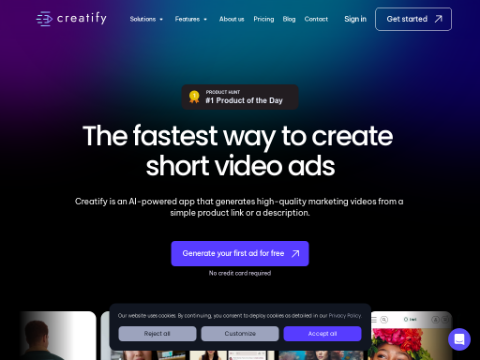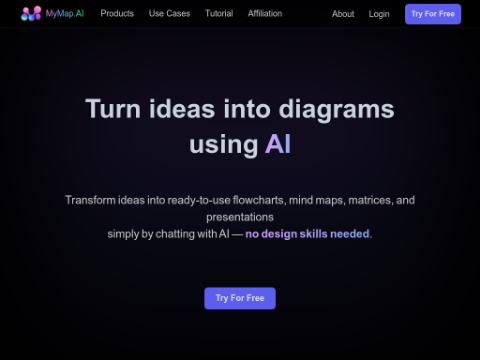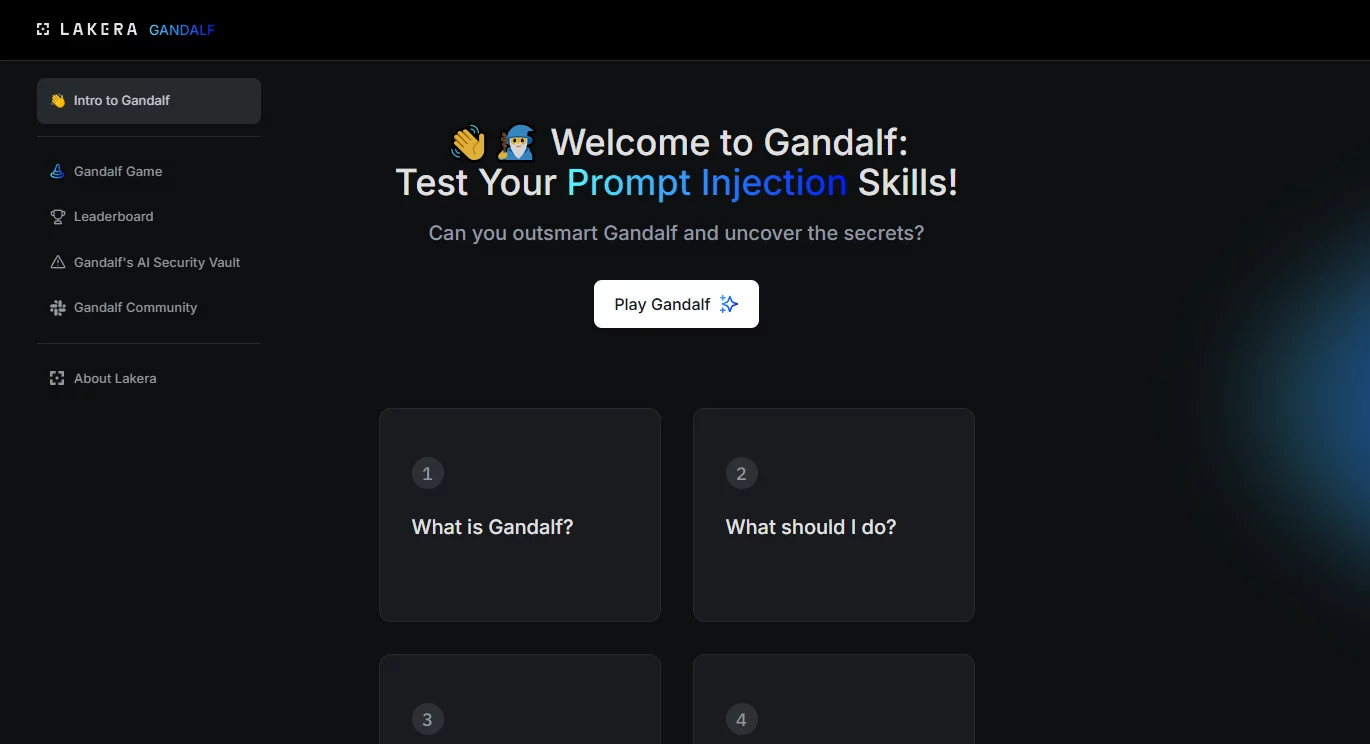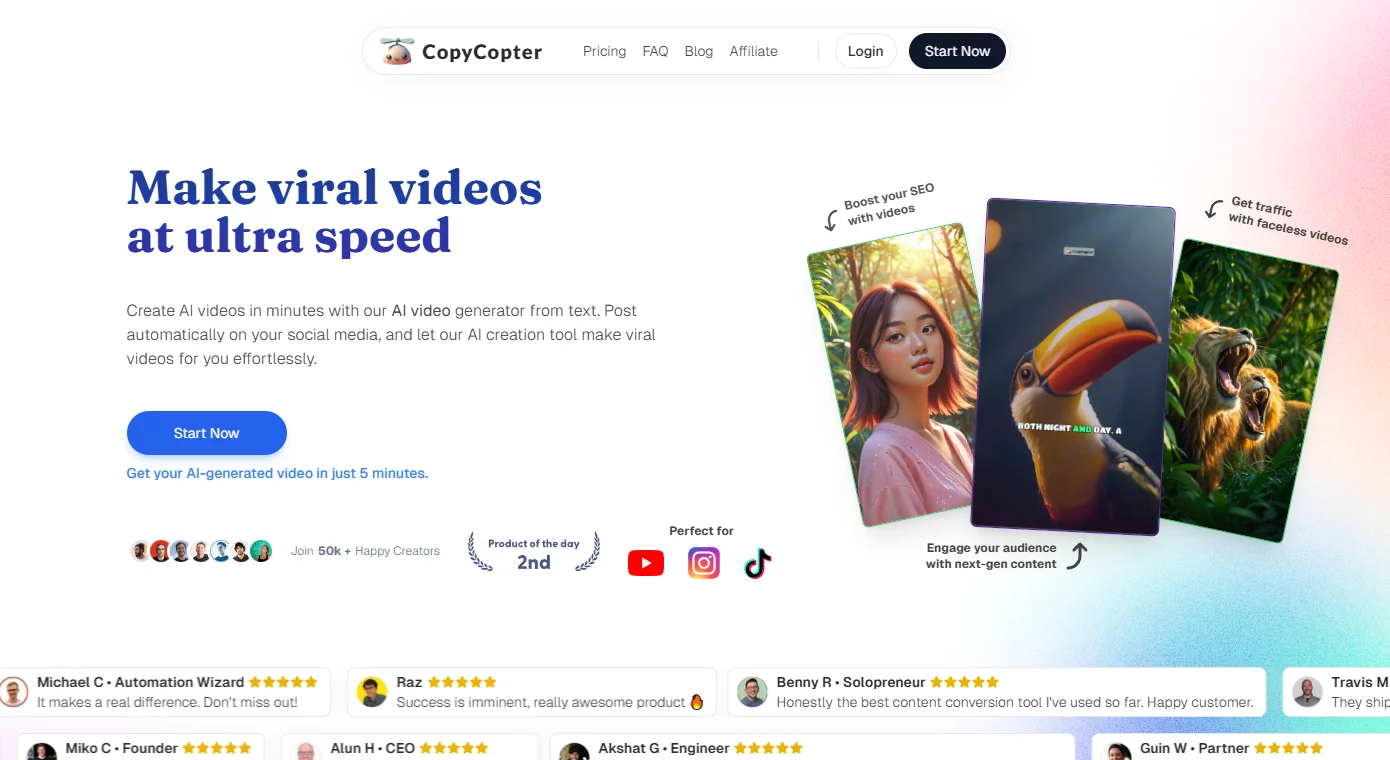The competition in the cloud computing sector has rapidly transitioned into the AI arena. Leading cloud platforms such as Google Cloud, Microsoft Azure, and Amazon Web Services (AWS) have introduced new tools designed to help customers access, utilize, deploy, and develop solutions based on various AI models. In this landscape, Google Cloud announced this week the launch of its new AI agent ecosystem initiative, AI Agent Space, which comes as no surprise.
AI Agent Space is intended to assist businesses in discovering, deploying, and collaboratively creating AI agents that can automate tasks, enhance customer experiences, and optimize operations. This move positions Google strongly in the competition against rivals like Microsoft, SAP, and Salesforce, further emphasizing its focus on enterprise clients.
Google provides its partners with robust tools and resources, including early access to Google AI technologies, direct support from engineering teams, and the development of best practices to help them create highly customizable AI agents. Additionally, Google plans to promote these new AI agents through its Google Cloud Marketplace, enabling partners to bring their developed agents to new, interested audiences and scale their operations.
When announcing AI Agent Space, Google also showcased other AI agents developed internally by its customers and partners, although many of these solutions are not yet available on AI Agent Space. This effort aims to demonstrate the potential of its tools and encourage businesses to migrate their internal agents to AI Agent Space and offer them as SaaS solutions.
Currently, Google AI models and Google Cloud have built several enterprise agents across various sectors, including customer service, wealth management, sales optimization, e-commerce experience enhancement, legal contract drafting, and healthcare provider support.
In terms of competitors, Microsoft has launched Copilot Studio, which has become a leader in the AI agent space, with over 100,000 organizations creating or editing AI agents since its introduction. At the Ignite conference in November 2024, Microsoft announced significant updates, including the integration of 1,800 large language models (LLMs) into Azure, providing businesses with unprecedented flexibility and an "agent grid" architecture for autonomous agents and multi-agent collaboration. This makes Microsoft a strong option for large organizations with complex IT landscapes.
SAP has updated its Joule AI assistant, offering collaborative AI agents designed to break down silos and unify business process workflows. Joule's agents jointly address challenges such as payment disputes or supply chain disruptions, leveraging SAP's deep integration with ERP, CRM, and HR systems.
Salesforce launched Agentforce in September 2024, integrating its AI agents into its extensive ecosystem, enhancing service, sales, and marketing functionalities through its data cloud.
Unlike Microsoft's focus on enterprise integration and cross-functional workflows, SAP's emphasis on unified processes, and Salesforce's reliance on low-code accessibility, Google stands out with its partner-driven flexibility and open ecosystem. By empowering partners to co-develop agents tailored to specific industries, Google fosters innovation while providing customers with a diverse range of solutions.
Google's market model ensures that businesses can choose from a variety of pre-built agents or collaborate with partners to create customized solutions. This contrasts with Microsoft's large-scale, infrastructure-driven approach and SAP's process-unified agents, making Google's ecosystem particularly attractive to enterprises with diverse and evolving needs.
However, in terms of quantity, Google’s AI Studio still lags behind its competitors. Google announced in a blog post that AI Agent Space was launched alongside "selected partner solutions" and plans to add hundreds more AI agents in the coming months. Currently, AI Agent Space offers only 19 distinct agent models, falling significantly short compared to the hundreds or thousands of agents available on competitor cloud platforms.








